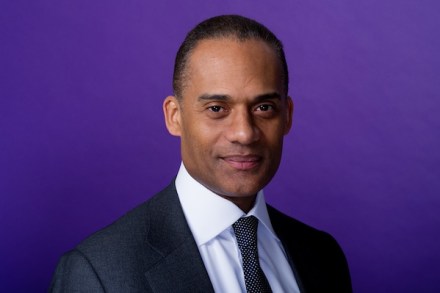Scientology and the Ivy
The Ivy may be known for its famous clientèle and terrible food, but are they taking this celebrity thing a bit too far? The club has invited Mark Pinchin, Public Affairs Director of the Church of Scientology, to speak at the end of the month. Scientology boasts more celebrity supporters than Hacked Off, and are always on the look out for new members. Stars and groupies, you have been warned.












